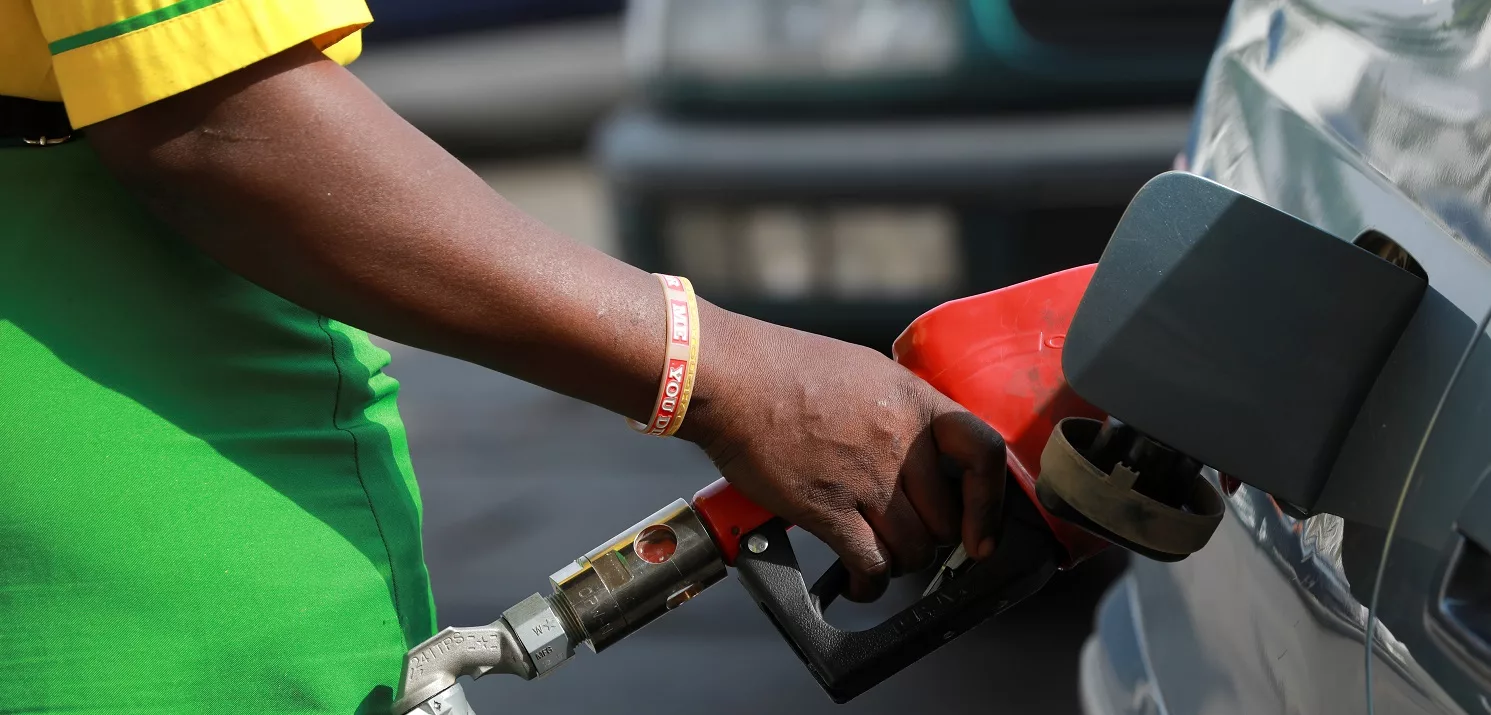The Petroleum Products Retail Outlets Owners Association of Nigeria (PETROAN) has announced plans to commence importation of premium motor spirit (PMS), commonly known as petrol, at prices reportedly lower than current market rates. The move signals an important shift in the country’s deregulated fuel market and potentially heightened competition among industry players.
According to a statement issued by PETROAN’s National Public Relations Officer, Dr. Joseph Obele, the association has established a dedicated business unit to facilitate petroleum imports before the end of the year. This strategic initiative comes amid growing discussions about market competition and pricing dynamics in Nigeria’s downstream petroleum sector.
The announcement has sparked immediate reaction from established players in the industry, particularly the Dangote Refinery, which expressed concerns about the quality of the proposed imports. However, PETROAN strongly refuted these allegations, characterizing them as tactical maneuvers aimed at maintaining market dominance.
Intensive or aggressive competition in any market brings the best value for money exchange for a commodity,” Dr. Obele emphasized in the statement. He argued that consumers ultimately benefit from heightened market competition through better pricing structures, suggesting that attempts to restrict competition could lead to exploitative practices and excessive profiteering.
The association revealed it has already secured partnerships with foreign refineries and financial institutions to ensure the importation of high-quality petroleum products. PETROAN’s leadership expressed confidence in their ability to offer competitive prices while maintaining international quality standards, directly challenging concerns about product quality raised by other market players.
In a related development, Pinnacle Oil and Gas Limited, another significant player in the sector, found itself compelled to address allegations regarding fuel blending activities near the Dangote Refinery facility. The company categorically denied any involvement in the production or distribution of substandard petroleum products, further highlighting the intense scrutiny and competitive dynamics within the industry.
The timing of PETROAN’s announcement is particularly noteworthy, as it comes during a period of significant transformation in Nigeria’s petroleum sector. The association pointedly mentioned that it had been unaware of Dangote Refinery’s pricing structure until the company’s recent public statement, suggesting a lack of transparency in current market operations.
This development represents a potential watershed moment in Nigeria’s petroleum retail sector, where increased competition could lead to more favorable pricing for consumers. PETROAN’s initiative appears to be aligned with broader industry goals of ensuring fuel affordability while maintaining quality standards in a deregulated market environment.
The association’s move to enter the import market could potentially serve as a catalyst for broader market reforms and increased competition in Nigeria’s downstream petroleum sector. Industry observers note that successful implementation of PETROAN’s import strategy could establish a new paradigm for market operations, potentially leading to more competitive pricing structures and improved service delivery across the sector.
As this situation continues to evolve, stakeholders across Nigeria’s petroleum industry will be closely monitoring the implementation of PETROAN’s import plans and their potential impact on market dynamics. The success of this initiative could have far-reaching implications for fuel pricing, market competition, and consumer welfare in Africa’s largest economy.
The coming months will be crucial in determining whether PETROAN can successfully execute its import strategy and deliver on its promise of more competitive fuel prices while maintaining the high-quality standards required in the Nigerian market. This development marks a potentially significant shift in the country’s petroleum retail landscape, with implications that could extend well beyond immediate pricing considerations to shape the future structure of Nigeria’s downstream petroleum sector.



